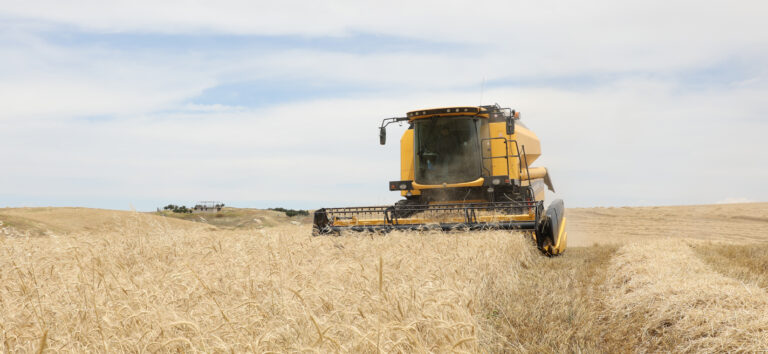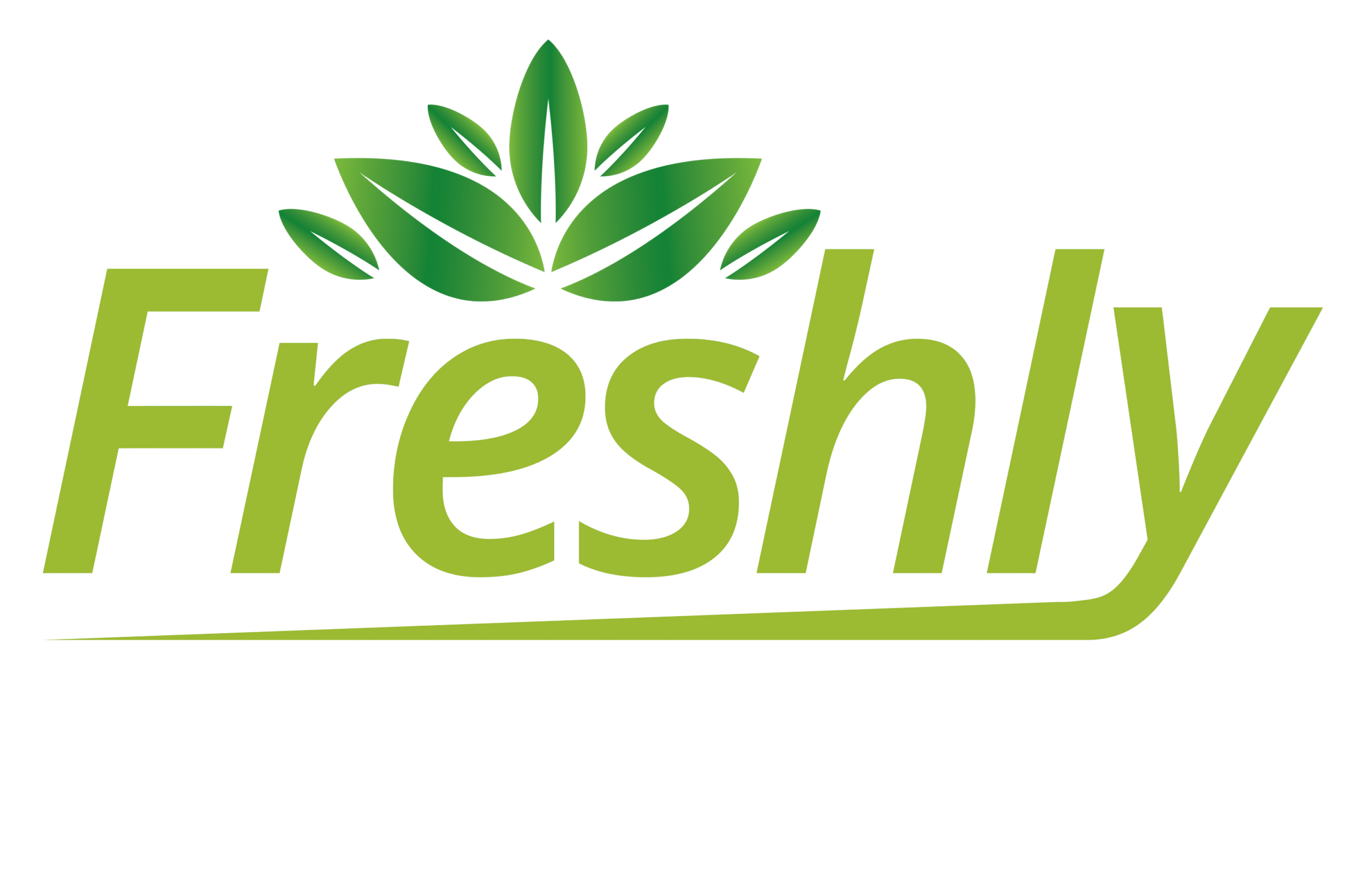
Overview:
With its fertile plains and increasing investment in logistics, Kurdistan is becoming a vital link in the global grain chain.
In This Article:
- Rising exports from Sulaymaniyah and Kirkuk to the Gulf and Europe
- Modernization of silos and railways to improve grain transport
- Government subsidies driving sustainable production
- Global partnerships with buyers and UN agencies for food security
Key Insight:
Kurdistan is transitioning from a subsistence grower to a reliable global supplier of grains.
About The Article
Kurdistan’s Role in the Future of Global Grain Supply
From Regional Producer to Global Partner
As the world faces increasing pressure to feed a growing population amid climate change and geopolitical uncertainty, Kurdistan is emerging as a critical player in global grain supply chains. With fertile plains, growing infrastructure, and rising investment in sustainable practices, the region is stepping up—not just to meet its own needs, but to help feed others.
In this feature, we explore Kurdistan’s strategic transformation from a grain consumer to a contributor to global food security.
Boost in Export Volumes: Sulaymaniyah, Kirkuk & Beyond
2024–2025 has seen an unprecedented uptick in grain exports from Kurdistan. Key developments include:
- Sulaymaniyah and Kirkuk exporting wheat and barley to UAE, Turkey, and parts of Europe
- Expansion of farmer cooperatives pooling harvests for bulk trade shipments
- New partnerships with shipping and logistics firms ensuring competitive pricing
Estimates suggest grain exports from Kurdistan increased by 41% compared to the previous year—a major milestone.
Infrastructure Modernization Paves the Way
Kurdistan’s push toward export-readiness didn’t happen by chance. A coordinated investment in transport and storage infrastructure has made it possible:
- Modern silos were completed in Erbil and Zakho with a combined capacity of 250,000 tons
- Upgraded road and rail networks now connect rural production areas with border crossings faster and more efficiently
- Temperature-controlled logistics hubs have been introduced for higher-value grain varieties
These upgrades are minimizing post-harvest loss and increasing the competitiveness of Kurdish grain on the international market.
Policy & Subsidies Supporting Sustainable Grain
The Kurdistan Regional Government (KRG) and Ministry of Agriculture launched new incentive programs that rewarded:
- Farmers who adopted climate-smart practices, like no-till farming and drought-tolerant seed
- Growers who implemented traceability systems, allowing buyers to see where and how grain was produced
- Storage facility operators investing in energy-efficient cooling and ventilation
These efforts have improved both quality and sustainability, aligning Kurdistan’s grain supply with the expectations of global buyers.
Global Partnerships for Food Security
Through collaboration with international institutions and private companies, Kurdistan’s agricultural sector is becoming part of the broader solution to global hunger and supply instability:
- Ongoing work with FAO Kurdistan to create grain emergency reserves
- A trade pact signed with Gulf nations for long-term wheat sourcing
- Engagement with European organic food companies to pilot chemical-free barley production
These relationships are boosting credibility, creating jobs, and opening doors to new markets.
The Road Ahead
Key Insight:
Kurdistan’s grain industry is no longer just about self-reliance. It’s about strategic integration into global supply chains. With continued investment in smart farming, trade logistics, and international trust-building, the region has the potential to become a reliable, resilient supplier in a world that desperately needs one.
As climate change challenges traditional breadbaskets across the globe, Kurdistan’s agricultural rise could not be more timely.
